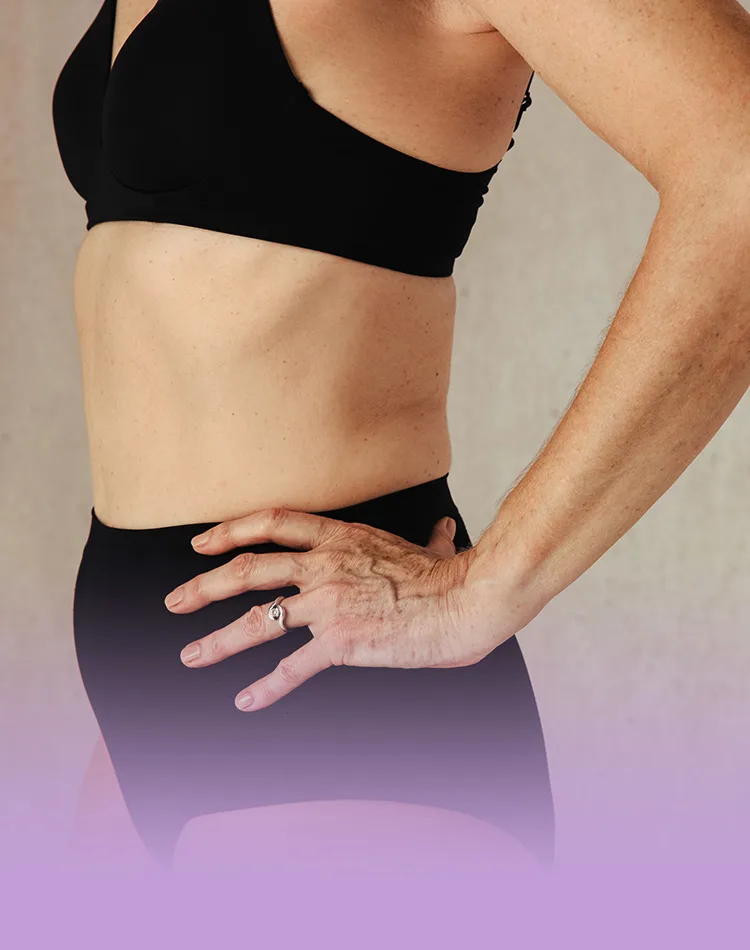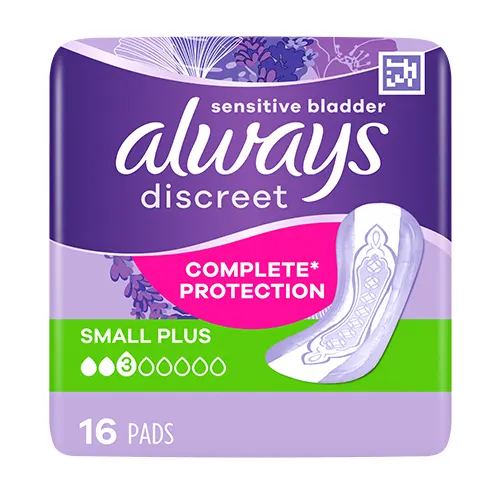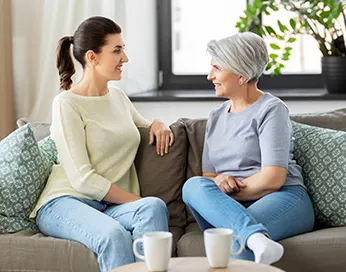
In the morning, in the middle of the night, in the middle of dinner, in the middle of that film you're watching, when you’re driving, when you’re sitting, when you’re working out… Sometimes it can feel like you spend half your day running to the toilet. You may be wondering what causes frequent urination and what you can do about it. Here are a few insights.
Causes of frequent urination include simply drinking too much water, an underlying health problem (see your doctor!), or an overactive bladder. Normal bladder capacity ranges between 400 to 600 ml. A person with a healthy bladder urinates between six to eight times a day. If you find yourself urinating more than this, you may be scratching your head wondering why.

What Causes Frequent Urination?
There are lots of potential reasons why you are urinating so often. If you find that you are going more than you used to, here are some likely frequent urination causes:
-
You are drinking more liquids than usual
Drinking more produces more urine, which makes your bladder fill up, thus sending you to the toilet more often. You may or may not realise that you are drinking more liquids. Perhaps it’s particularly hot outside, or perhaps you started a new exercise routine. If this is the cause of your frequent urination, there is not much need for concern.
-
You are drinking too much caffeine, which is a diuretic
Drinks such as coffee and tea are diuretics, which means they make your body rid itself of excess water.
-
You are pregnant
Hormones in early pregnancy can increase the urge to urinate. Later in pregnancy, the pressure of the growing foetus presses on the bladder, increasing the need to urinate.
-
You are taking certain medications
Certain medications increase the production of urine, making you have to urinate more frequently. This effect typically goes away when you stop taking the medication. Be sure to stay hydrated in the meantime.
Frequent urination can also be a sign of a more serious condition such as:
-
Bladder infection or bladder inflammation
Bladder infections irritate and inflame the muscles and tissues surrounding the bladder, causing them to spasm involuntarily. This will go away as soon as the bladder infection is resolved. See your doctor for a diagnosis and/or antibiotics in order to clear up the infection. Leaving a bladder infection untreated can cause more serious health conditions.
-
Diabetes Frequent urination can be one of the first signs of high blood sugar. This is because excess sugar causes more fluids to pass through the kidneys. Sugar build-up in your tissues can also cause bladder function issues, which cause frequent urination.
-
Interstitial cystitis
Interstitial cystitis is a condition associated with chronic pelvic pain, pain when the bladder fills and empties, and frequent urination even when the bladder isn’t full. It can be managed with medication from your doctor.
-
Overactive bladder, a common and easily treatable condition
If you have an overactive bladder (OAB), sudden, frequent urges to urinate come on strongly, even when there is no urine in the bladder. You may or may not be able to make it to the toilet in time. OAB happens due to muscle or nerve damage in the bladder tissue as a result of previous pelvic surgery or neurological disease. OAB is also referred to as urge incontinence. It is best managed on a day-to-day basis by adopting a bladder-friendly diet. This means avoiding foods that aggravate the bladder, such as alcohol, caffeine, carbonated beverages, and citrus fruits.
What Can Be Done About Frequent Urination? Here are some things you can do to alleviate the causes of frequent urination:
Do Kegel exercises.
Exercising your pelvic floor will help strengthen the muscles that control your body’s ability to hold in urine. By training these muscles, you may be able to retrain your bladder and extend the time between toilet visits.
Stay hydrated.
Though it may sound counter-intuitive, drinking enough water will be a positive step for your overactive bladder. Restricting fluids makes your urine more concentrated, and more of an irritant to your bladder. So fill that water bottle and drink up!
Drink on a schedule.
By watching how much you drink and at what time of day, you can gain control over how often you have to urinate. For instance, drinking 6 to 8 oz of water at one time versus sipping throughout the day can decrease urinary frequency. You may also find it helpful to stop drinking liquids a few hours before you go to bed.
Eat a bladder-healthy diet.
Studies have shown that certain foods – like caffeine, alcohol, and citrus – irritate the bladder and increase urinary frequency and urgency. This is not something you want if you already have a sensitive bladder.
Retrain your bladder.
Bladder training can be an important component of your treatment plan. Start visiting the toilet at regular intervals, whether or not you have to go. Over time, try increasing the amount of time between your visits so that you train your bladder to hold it for longer and stop being so reactive. Be sure to up the amount by small increments each time in order to set yourself up for success.
Medications.
Talk to your doctor about whether taking a prescription drug to relax your bladder muscles and alleviate any root causes of frequent urination is right for you.Wear protection. Always Discreet are thin, feminine, and comfortable urinary pads designed specifically to remedy frequent urination causes in women. No one will know you are wearing them and they are highly absorbent – so you can live your life without giving a second thought to the little leaks that happen throughout the day. Simply carry some in your handbag and you’re well prepared!
Wearing liners, pads, or underwear by Always Discreet can go a long way in giving you the confidence to go about your life without making an unwanted trade-off between where you go, what you do, and how close you’ll be to a toilet.
There is a wide variety of Always Discreet incontinence products for bladder weakness to meet the needs of all women. These draw away moisture and neutralise odour.





